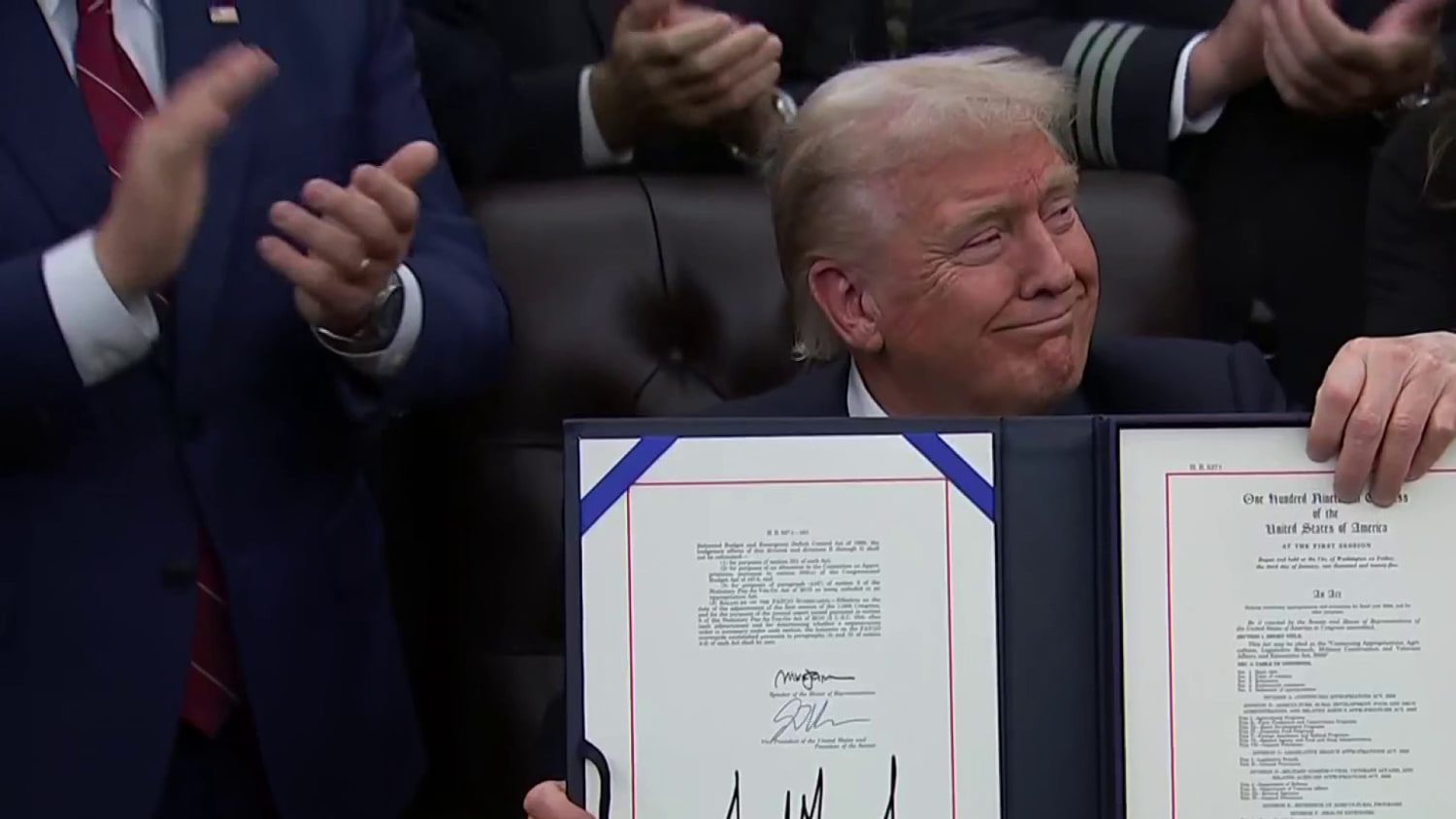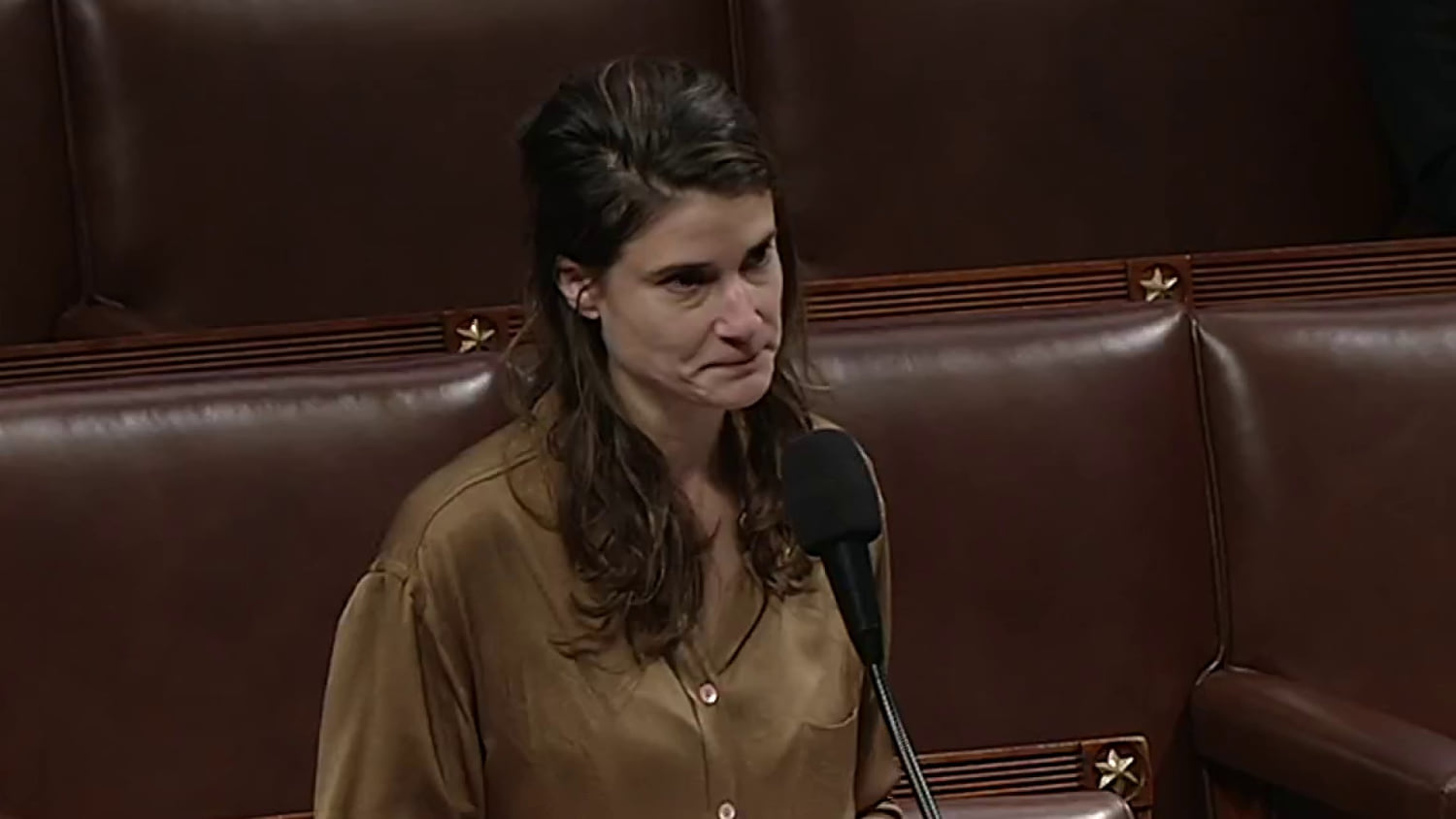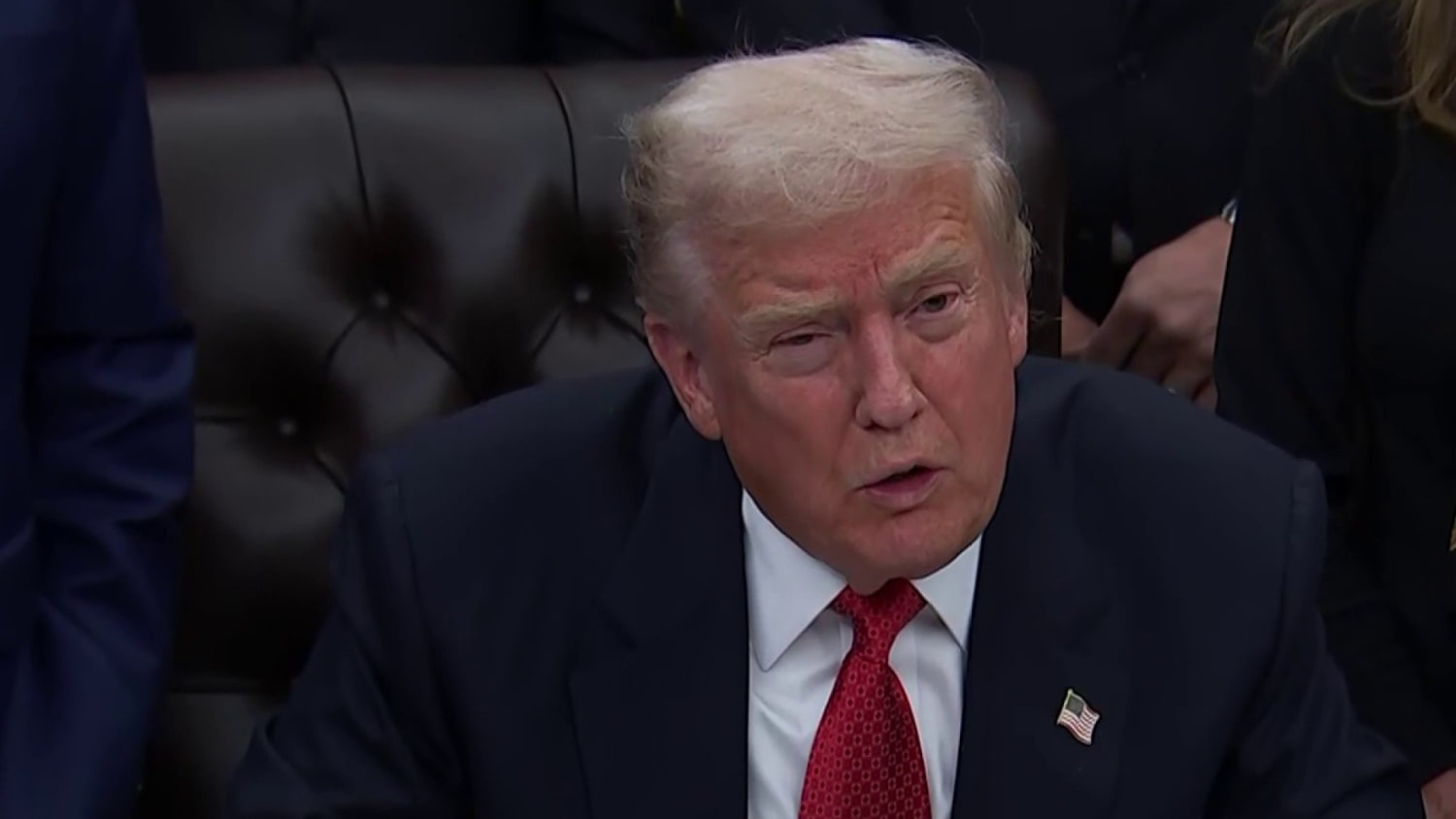Republicans are fighting back against a ruling by a trio of federal judges that delivered a stinging setback for President Donald Trump and the GOP in their push to redraw congressional district maps ahead of next year's midterm elections.
And Republicans are arguing that they are unfairly being accused of illegal race-based gerrymandering.
"For years, Democrats have engaged in partisan redistricting intended to eliminate Republican representation," Texas Attorney General Ken Paxton argued on Tuesday. "But when Republicans respond in kind, Democrats rely on false accusations of racism to secure a partisan advantage."
Paxton was reacting to the ruling from the panel of three federal judges, which blocked Texas from using a new congressional map drawn by Republicans earlier this year which would have created up to five more right-leaning U.S. House districts.
FEDERAL JUDGES BLOCK TEXAS FROM USING REDRAWN CONGRESSIONAL MAP
The redistricting in Texas is part of a push by the president and Republicans to pad the GOP's razor-thin House majority to keep control of the chamber in the 2026 midterms, when the party in power traditionally faces political headwinds and loses seats.
"The public perception of this case is that it's about politics," U.S. District Judge Jeffrey V. Brown, a Trump appointee, said in the majority opinion, joined by U.S. District Judge David Guaderrama, an Obama appointee.
"To be sure, politics played a role in drawing the 2025 map," the judges said. "But it was much more than just politics. Substantial evidence shows that Texas racially gerrymandered the 2025 map."
HOUSE DEM, 79, INDICATES HE MAY NOT RETIRE AFTER JUDGES STRIKE DOWN TEXAS CONGRESSIONAL MAP
Judge Jerry Smith, a Reagan appointee, dissented without offering an explanation.
The distinction between political and racial motivations for redistricting is crucially important. That's because of a Supreme Court ruling that emphasizes states cannot allow race to be the main reason for redrawing district lines. But the ruling gives states a green light when it comes to political motivations.
Paxton is appealing the ruling, which will head to the Supreme Court.
And Republican Gov. Greg Abbott also sharply criticized the ruling, saying in a statement that Texas legislators "redrew our congressional maps to better reflect Texans' conservative voting preferences — and for no other reason."
"Any claim that these maps are discriminatory is absurd and unsupported by the testimony offered during ten days of hearings," Abbott argued.
TRUMP TARGETS RED STATE REPUBLICANS IN PUSH TO REDRAW CONGRESSIONAL MAPS
But the ruling suggested that in calling on Texas state lawmakers to draw new maps, the governor pointed to a Justice Department letter that alleged the state's existing 2021 congressional map was unconstitutional because of the racial makeup of certain districts.
The judges' opinion argued that by pointing to that letter, Abbott had "explicitly directed the Legislature to redistrict based on race."
Democrats praised the ruling as a victory for the party — and for the Democratic state lawmakers who broke quorum for two weeks this summer and fled Texas in a bid to delay the passage of the redistricting bill in the Republican-dominated state legislature.
"Texas Democrats and the DNC fought valiantly for fair representation, and now, with this decision, the court has ruled that Texas Republicans cannot implement this blatant gerrymander in the next election," DNC Chair Ken Martin said in a statement.
While Texas was the first red state to redraw its map this year at Trump's urging, others have followed, including Missouri and North Carolina. And Ohio Republicans, thanks to a state requirement to redraw their maps, did just that, improving the GOP's chances in two more congressional districts. A push is also underway in Indiana, with Florida and Kansas also mulling redrawing their maps.
Democrats are fighting back, led by California.
ABBOTT SIGNS TEXAS REDISTRICTING MAP INTO LAW, SECURING MAJOR GOP VICTORY AHEAD OF 2026 MIDTERMS
California voters two weeks ago overwhelmingly passed Proposition 50, a ballot initiative which will temporarily sidetrack the left-leaning state's nonpartisan redistricting commission and return the power to draw the congressional maps to the Democrat-dominated legislature.
That is expected to result in five more Democratic-leaning congressional districts in California, which aimed to counter the move by Texas to redraw their maps.
"Donald Trump and Greg Abbott played with fire, got burned — and democracy won," California Gov. Gavin Newsom, who masterminded the redistricting push in the Golden State, wrote on social media following the Texas ruling.
Illinois and Maryland, two blue states, and Virginia, where Democrats control the legislature, are also taking steps or seriously considering redistricting.
And in a blow to Republicans, a Utah district judge last week rejected a congressional district map drawn up by the state's GOP-dominated legislature and instead approved an alternate that will create a Democratic-leaning district ahead of next year's elections.
Republicans see hypocrisy in the ruling in Texas.
"Both parties are redistricting to increase their political advantages, but only one party is being accused of doing it for nefarious reasons. It's a double standard and I think most voters can see that," veteran Republican strategist and communicator Ryan Williams told Fox News Digital. "The parties are simply trying to increase their representation in Congress."
And while Trump, to date, hasn't weighed in on the ruling, Attorney General Pam Bondi predicted an eventual victory for Republicans.
"Texas’s map was drawn the right way for the right reasons," she said on X. "We look forward to Texas’s victory at the Supreme Court."
The Texas ruling comes as the Supreme Court is actively weighing the states' use of race in the drawing of congressional maps. Justices heard a second round of oral arguments last month in Louisiana v. Callais, a case centered on that very issue.
A majority of the court seemed poised to significantly weaken a key Voting Rights Act provision that prohibits states from diluting the power of minority voters, though the court has not yet issued a final ruling.
.png)
 1 hour ago
1
1 hour ago
1















 English (US)
English (US)